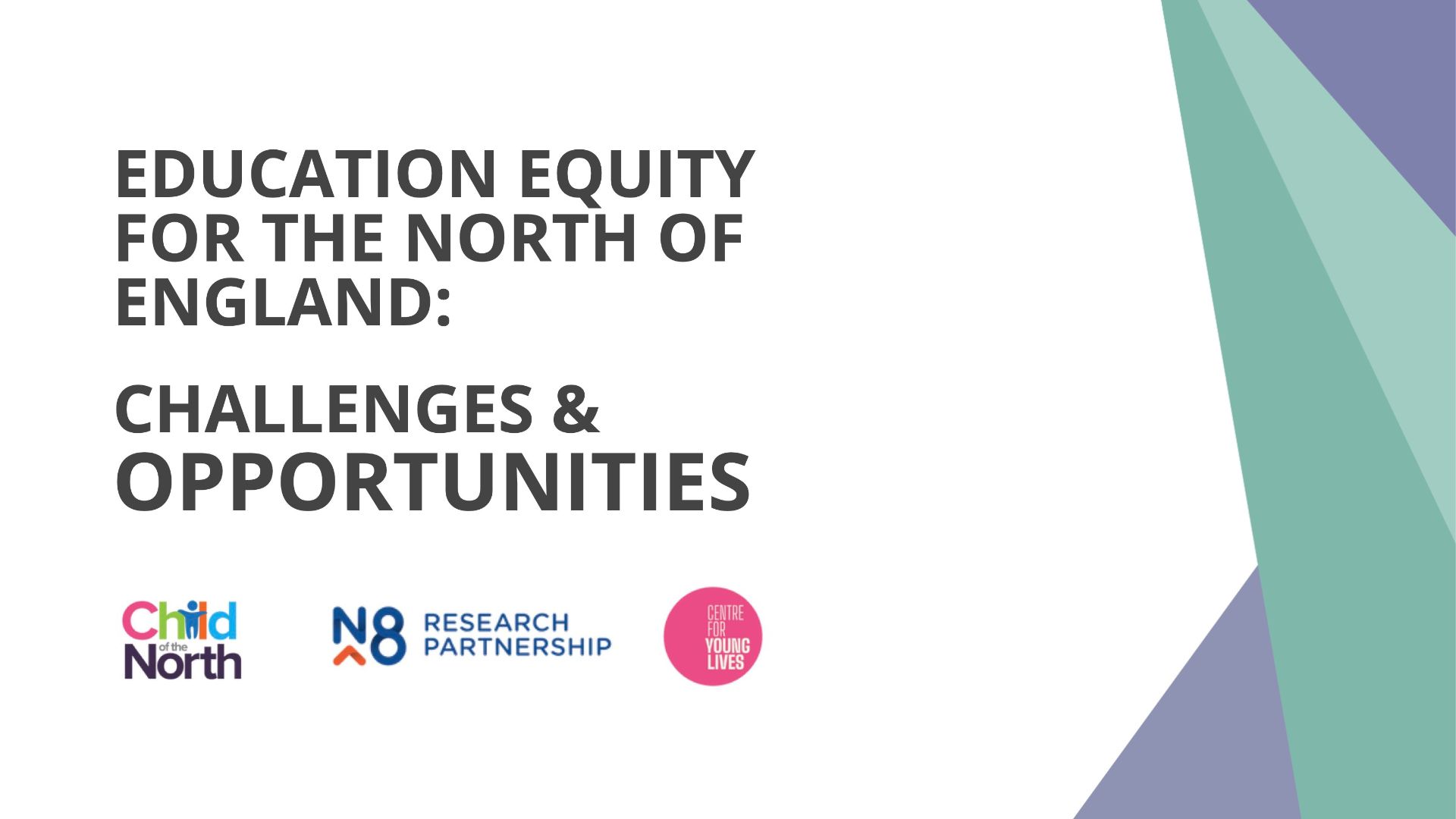The Centre for Young Lives responds to the Spending Review

Last week the Chancellor shared the outcome of Phase Two of the Spending Review, which set planned day-to-day spending totals for all government departments for the rest of this parliament. We at the Centre for Young Lives welcome the extra investment in children’s social care, housing, the NHS, as well as commitments to expand the family hubs programme and a Schools White Paper in the Autumn, all of which have the potential to improve the lives of children, young people and their families.
Children’s social care
In our view, children's social care is one of the big positive stories of the Spending Review. The 2022 MacAlister Review into children’s social care recommended a five-year reform programme with an estimated cost of £2.6bn. Previously, the extra funding put into the system fell a long way short of what was required. So, it was very welcome to see the government announce an additional £555 million over the spending review period, on top of the £500 million previously announced.
The Spending Review has promised £1.57bn over three years to fund family help, alongside the £555m, and an extra £560m of capital for residential care and fostering. This level of investment meets the sums recommended by Josh MacAlister and has the potential to start to motor the kind of transformative change in the system that we all know is needed. It provides a great opportunity for a fresh drive to reform our system of care and support, to help more families earlier, support more children to stay safely with their families through kinship care and improve the quality and care experience those children in care.
Child poverty
Recently, the Government introduced a major expansion of Free Schools Meals to all families on Universal Credit – a very welcome decision and something we have campaigned for. A new £1 billion per year Crisis and Resilience Fund was also announced in the Spending Review, replacing the Household Support Fund from April 2026, providing local authorities with extra investment to offer support to people on low incomes for at least the next three years. The long-term infrastructure of better local welfare support was a recommendation we were pleased to support in our Too Skint for School report on school absence and poverty published last autumn.
We were pleased to see £39 billion confirmed for a new 10-year Affordable Homes Programme in England, and £13.2 billion over four years for a Warm Homes Plan to make homes more energy efficient. These are both positive steps forward to reduce the cost of living facing families. We hope to see those new homes developed with children’s play in mind.
The government’s Child Poverty Taskforce is now expected to publish its strategy later this year. It is essential that the strategy includes a boost to incomes, and we continue to call for the two-child limit to be abolished.
Early education and childcare
Last year in the Plan for Change the government set itself a welcome and ambitious target to ensure 75% of 5-year-olds are reaching a good level of development in the early years foundation stage assessment.
We welcome the extra £1.6 billion a year for funded childcare entitlements by 2028-29 and £370 million over four years for school-based nurseries across England.
The government also announced a commitment to expand family hubs, which provide much-needed integrated family support in 75 local authorities. We will continue to work constructively to help shape the government's plans for expansion of this vital infrastructure of support.
Youth
We welcome new commitments to spend £1.2 billion a year to get over a million young people back into training and employment, alongside £132.5 million from Dormant Assets - announced last week and referred to by the Chancellor on Wednesday - to be invested in services and opportunities for young people. Our recent costings in our Ambitious for Young People report called for £1.46bn in provision for young people, including to support their employment, so we welcome the scale of ambition.
Our recent analysis estimates that for every £1 invested in youth provision - including youth centres, youth workers, and positive activities for young people to do - there would be a return of at least £2.40 in financial, economic, and social benefits.
We look forward to hearing more about how the government’s transformative Young Futures programme which should be at the centre of driving much-needed support for vulnerable teenagers at risk of harm and exploitation.
Schools
We welcome the announcement of an additional £4.7bn for schools, a 1% per-pupil funding rise. However, this includes the £410 million annual cost of the recently announced extension of free school meals, and the £615 million allocated earlier in the spring to contribute to next year’s 4 per cent teacher pay rise.
IFS economists suggest that once the free school meals expansion cash is excluded, “you get a real-terms freeze in the budget. However, pupil numbers overall are now falling, which “would in principle allow a rise in spending per pupil.” This will continue to be a very challenging period for schools.
The Government has also confirmed a Schools White Paper will be published in the autumn, which will set out the government’s SEND reform plans for a more inclusive education system. This was the central recommendation of our Ambitious About Inclusion report and we welcome the government’s commitment to transformation of the education system so that it delivers for all children and young people, regardless of their background.
Conclusion
Our criticism over recent years has been that government, Whitehall, and Westminster, have failed to put children at the heart of their plans. This Spending Review provides a welcome change of direction, though our bar for a meaningfully child-friendly, and child-focused government remains higher. However, the direction of travel is the right one, and we will continue to encourage the government to focus on tackling the big challenges around children’s social care, children’s mental health support, child poverty, and access to early intervention and family support.
Meet the Authors
Meet the Author











.png)



